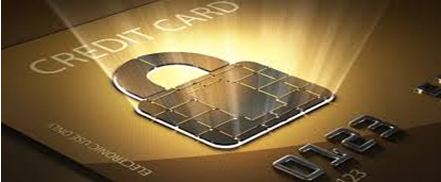Why Do I Need to Use A Secured Credit Card?
Secured credit cards can help people with bad credit or short credit histories build their credit. Here’s what you need to know to understand secured cards and how they differ from regular unsecured credit cards.
What is a Secured Credit Card?
A secured credit card is a card that is backed by a cash deposit you make when you open the account. The deposit is usually equal to your credit limit, so if you deposit $200, you’ll have a $200 limit.

The deposit reduces the risk to the credit card issuer: If you don’t pay your bill, the issuer can take the money from your deposit. That’s why these cards are available to people with bad credit or no credit.
Some of the benefits of a secured credit card include:
- You can use them wherever credit cards are accepted, including online.
- You can build or rebuild your credit by using the card responsibly and paying your balance on time
Most major credit card issuers offer both secured and unsecured credit cards. Annual fees are common for secured cards, but shouldn’t exceed $50, and if you’re lucky you can find one without annual fees. If you don’t qualify for an unsecured card, a secured card can be a great tool to improve your credit. However, it is important to be responsible with your secured card, the same as any other loan on your credit report. Secured cards incur interest and face the same penalties for not paying your bills on time as unsecured credit cards.
Now that we know secured cards are a powerful tool for building your credit score, here’s how to use one most effectively:
- Use your card sparingly, making only one or two small purchases every month
- Pay your balance in full every month, prior to the due date. When you pay in full before the end of the billing cycle, you won’t be charged interest. Interest rates on secured cards are generally higher than those of unsecured cards and can add up quickly.
- Keep an eye on your credit score over time. When your score reaches the level of good credit, you can ask your issuer to upgrade to an unsecured card.
With a secured credit card you are required to pay a security deposit, additional fees, and high interest rates that may seem like a deterrent. Despite these drawbacks, a secured card can go a long way in helping you build a good credit score. When your score is too low to get approved for a traditional credit card, a secured card is often the best choice for improving your credit and qualifying for better cards.
